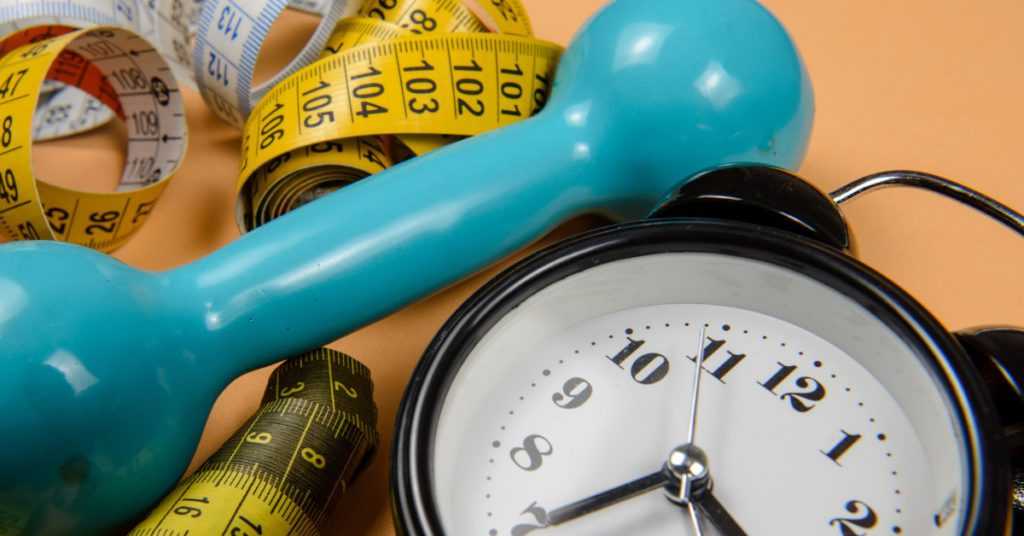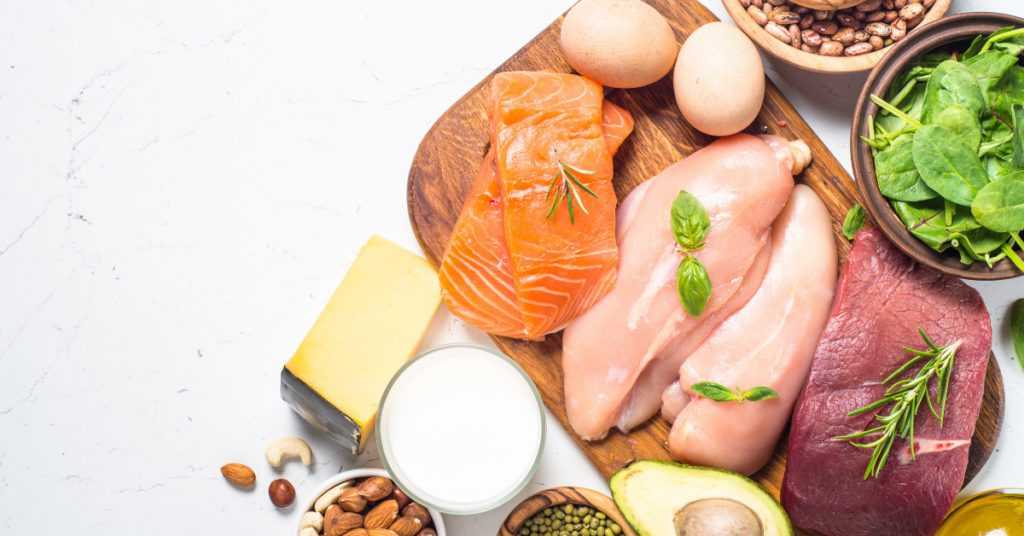A good diet and nutrition, along with proper training are the keys to excel in any sport. All athletes must take care of their diet because it allows them to become the best at what they do. In this article, you’ll find the top nutrition tips for athletes which explain the macronutrients, micronutrients, and fluids required to provide energy for growth and activity. To maximize performance, these nutrition tips for young athletes will help them learn what, when, and how to eat and drink before, during, and after exercise.
What is Sports Nutrition?
Sports nutrition is all about improving bodybuilders’ diet and fluid intake, professional athletes in training, and regular exercise lovers. This field of nutrition makes sure that the body optimizes the beneficial effects of physical activity by providing top nutrition tips for athletes and everyone else.
Sports nutrition improves athletic performance by reducing fatigue and the risk of disease and sports injury; it also allows athletes to optimize training and recover more quickly. In case you are an athlete trying to recover from an injury, you should consult with a sports physiotherapist. You can now find the best Physiotherapists at the Top Hospitals in Pakistan.
Types of Physical Activities


The following are the three main categories of physical activities. The nutrition requirements of athletes are calculated according to these:
Sedentary to Light Physical Activity
Any activity that you can perform while standing at home or your workplace. This type of physical activity requires the least amount of effort and energy. For example:
- Walking (in office, while shopping or slowly walking at home)
- Working at your computer
- Doing household chores like washing dishes and ironing
Moderate Physical Activity
You must be moving at a moderate pace to perform this type of physical activity. They require more effort than light-intensity physical activities. It includes:
- Brisk walking
- Recreational Cycling or Swimming
- Chores like vacuuming, washing windows, and cleaning the floor
Vigorous Physical Activity
Vigorous physical activities are the ones that require the most strength and energy; they increase your heart rate and breathing rate. Some of them are:
- Competitive sports performed by athletes
- Running and jogging
- Heavy weight lifting
- Lifting, carrying, and digging.
6 Sports Nutrition Tips for Athletes
It is extremely important for athletic professionals to keep their diet in check to give a top-notch performance. Therefore, we have listed the top nutrition tips for athletes in training below:
1. Focus on Your Energy Needs
According to research, what you eat and drink is just as important as how hard you train when it comes to sports performance. Consultation with a nutritionist or sports dietitian is the best way to develop a customized plan for your specific needs and activity, but all programs include some essential nutrients, including:
Energy Intake for Athletes
It is critical to balance energy intake and expenditure in order to avoid an energy deficit or excess. Muscle mass loss and increased susceptibility to fatigue, injury, or illness can result from consuming lower calories than required. However, weight gain and obesity can be caused by an excess of energy. The energy requirements for each athlete are calculated by professionals according to:
- The type of athletic performance: endurance, strength, or power athletes
- Body measurements (weight, height, and age)
- Hours and kind of training
It is highly recommended to visit a Sports Nutritionist to calculate your energy needs.
2. Protein is Important


Protein is essential for people participating in sports because it helps the body in returning to its normal state after exercise and sports. Many people perceive that the diet for athletes in training has large quantities of protein in the form of eggs or chicken. However, it is not valid in all cases.
Yes, as an athlete, you must consume more protein as compared to an average person, but it is decided explicitly by factors like your size, type of sport, and frequency of participation. And the excess intake of protein can put a burden on your kidneys and liver. You can add proteins to your diet by eating the following foods:
- Eggs
- Yogurt and Milk
- Low-fat Cheese
- Poultry and Lean Meats
- Fish
Vegan Protein Options for Athletes
- Lentils and Chickpeas
- Quinoa
- Nut butter
- Nuts
- Hemp seeds
3. Keep Hydrating Yourself
Water is just as important as food, and adequate hydration is essential for peak athletic performance. It is recommended to drink at least two cups of fluid before starting your training and 120 ml after every 15 minutes during the training sessions. You can make a personal hydration plan and set reminders on your phone to keep your fluid intake in check. The best options for keeping yourself hydrated during the training are
- Water
- Smoothies made with low-fat milk/yogurt
- Fresh juices with no added sugar
- Sports drinks for competitions where quick hydration and electrolyte replacement are required
4. Add Dairy Products to Diet


Consuming dairy products like milk, yogurt, cheese, etc., is also one of the top nutrition tips for athletes. The Sports Dietitians Australia (SDA) recommends taking 2.5–4 servings of dairy products every day because they have many benefits in sports nutrition. Dairy products have many essential nutrients like calcium and protein, which provide strength to the bones and muscles of the body. It is also great for rehydrating the body post-exercise.
5. Time Between Training and Competition
The hours between when your training session ends and the beginning of the competition are highly crucial as well. Athletes can be under a lot of pressure during this time and usually forget to keep their hydration and diet in check. However, you can overcome this phase of anxiety with the help of nutrition. After exercise is an excellent time to replenish the body and allow it to recover and adapt. Some nutrition tips for marathon runners and other athletes are:
- rehydrate yourself to maintain the fluid and electrolyte balance
- replenish the lost energy by eating a carbohydrate filled snack like a banana
- aid your muscle recovery by taking proteins
- snack within 30-60 minutes of exercise for effective recovery
6. Take Supplements if Needed


There is no evidence that supplementing with vitamins improves athletic performance, and your vitamin and mineral requirements are met if you have a well-planned diet. But supplements can be beneficial if your diet is deficient or you have a diagnosed deficiency, such as an iron or calcium deficiency. The most common supplements for athletes include:
- Antioxidants (Vitamin C, E)
- Co-enzyme Q10
- Iron
- Whey Protein
- Creatinine
It is extremely important that you consult with a Sports Nutritionist/Dietitian before taking any supplementation.
The Bottom Line
To give your best performance in competitions, you must keep these sports nutrition tips for athletes in mind. They can be helpful during training to build stamina and strength, which ensure optimal functioning of all body parts. Lastly, if you are a professional athlete, you must take the help of a Registered Dietitian/Nutritionist.
FAQs
1. Is a vegan diet healthy for athletes?
Yes, a vegan or plant-based diet can provide all the essential nutrients like protein, calcium, vitamins, and minerals if it is appropriately designed. Many international athletes are vegan.
2. What is a good diet for a teenage athlete?
A good diet for teenage athletes includes foods from all the food groups like whole grains, fruits, vegetables, dairy, and fats.
3. What diet is best for athletes?
The best diet for athletes is the one that is made precisely according to each athlete’s nutritional requirements and type of training.
4. Does a plant-based diet improve athletic performance?
A plant-based diet can provide you with extra antioxidants, keeps cholesterol levels in balance, and is low in saturated fatty acids. Due to these factors, it is considered that it might improve athletic performance in some people.
5. What is an Olympic athlete diet?
The diet of an Olympic athlete is made after combining all the essential nutrients, including macronutrients (carbohydrates, proteins, fats) and micronutrients (calcium, iron, and other minerals and vitamins).
6. How diet affects athletic performance?
We all need the energy to function correctly. An athlete who takes part in competitions and undergoes training sessions needs a proper diet to restore their power and retain muscle mass.
Book an appointment now, to answer all your queries. You can book an appointment with the top nutritionists in Pakistan through Marham by calling at Marham helpline: 0311-1222398 or by online booking facility through the website or Marham mobile app.
Can’t Find The App?
Android Users:
https://play.google.com/store/apps/details?id=controllers.marham.marhammed&hl=en
Drop a review for us at Playstore if you’ve had a good experience!
iPhone Users:
https://apps.apple.com/pk/app/marham-find-a-doctor/id1095243102
Stay Home. Stay Safe!

